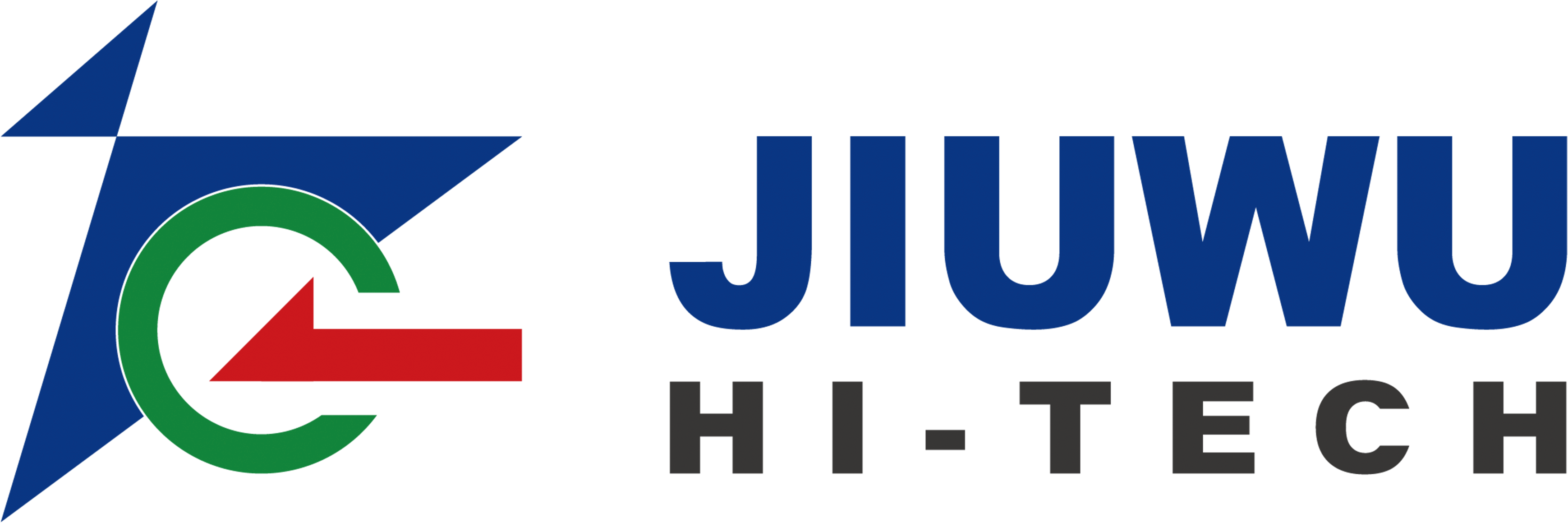RO membrane is a core component of reverse osmosis membrane technology, which is a widely used energy-saving and efficient technology in water treatment developed in China in recent years. It is made of a material that simulates the semi-permeable membrane of living organisms. Depending on the different osmotic pressures of different materials, the reverse osmosis method can be used to achieve the purpose of separation, extraction, purification and concentration of solutions by using an osmotic pressure greater than a certain solution osmotic pressure, and is further applied in the fields of food, beverages, alcoholic beverages and seawater desalination, etc.
From the perspective of the alcoholic beverage processing industry, reverse osmosis can be applied in the production process of liquor and beer to prepare low alcohol content alcoholic beverage products. The usual process of alcoholic beverage production involves many processes such as selecting raw materials, making mash, fermentation, distillation, blending and filling, but there are often flavor losses during the production process. Compared with limited fermentation and distillation, ro membrane technology can overcome flavor defects such as high residual sugar in limited fermentation products and large flavor losses in distillation, and obtain high-quality alcoholic beverage products with low investment and operating costs.
In cheese production, 10-20kg of cheese and 80-90kg of whey can be produced from every 100kg of milk. Whey is a by-product of cheese production, containing a large amount of protein, fat, lactose, lactic acid and minerals. Due to the small proportion of lactose to protein and the high BOD (30000-50000mg/L), whey is difficult to process and use. Reverse osmosis can be used in whey production processes, including whey concentration, partial mineral removal, whey separation and desalination. Reverse osmosis treatment of whey can crystallize lactose and improve the production efficiency of milk powder. Whey is a liquid food concentrated by membrane technology. After being processed by ro membrane technology, whey is turned from waste into a useful raw material for producing nutrients.
RO membrane technology has many advantages in fruit juice production: the operation process is carried out at room temperature, the loss of nutrients is small, and there is no phase change, which maintains the taste of the beverage. The energy consumption is low, only 1/2 to 1/3 of the evaporation concentration and freezing concentration methods. There is less pigment decomposition and browning reaction, resulting in a pure and beautiful color of the beverage. There is no need for chemical reagents and additives, and the product is not subject to external pollution. The separation device has a simple structure, easy operation, and is easy to control. Ultrafiltration and ro membrane technology have been adopted in foreign countries to clarify and concentrate fruit juices such as pineapple juice, orange juice, grape juice, tomato juice, and pear juice, with good product quality and economic benefits. Reverse osmosis membrane has obvious advantages in food production. In order to improve product added value and develop new products, the use of ro membrane technology is one of the development directions in food processing.




 +86-25-58849045
+86-25-58849045
 +86-25-58749295
+86-25-58749295
 jiuwu@jiuwu.com
jiuwu@jiuwu.com
 No. 9 Park Road, Pukou District, Nanjing City (Sanqiao Factory)
No. 9 Park Road, Pukou District, Nanjing City (Sanqiao Factory) Call us on:
Call us on:  Email Us:
Email Us:  No. 9 Park Road, Pukou District, Nanjing City (Sanqiao Factory)
No. 9 Park Road, Pukou District, Nanjing City (Sanqiao Factory)

 English
English 한국어
한국어 français
français русский
русский Español
Español

